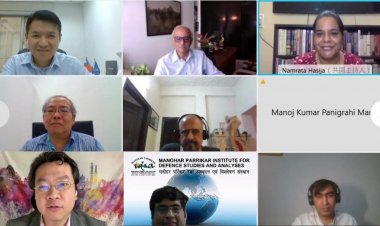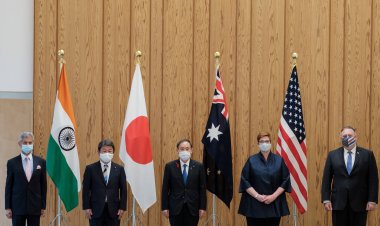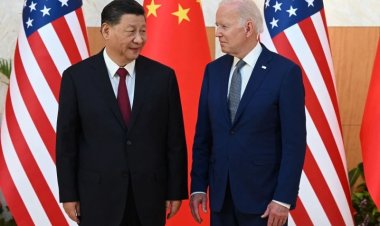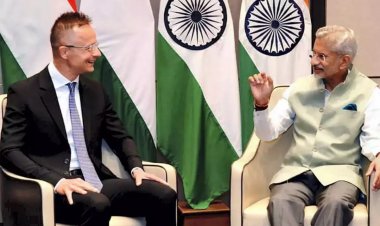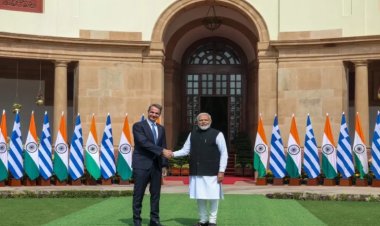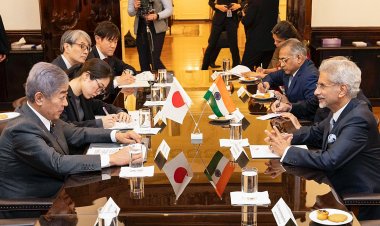Strategic Nexus: South Korea’s Holistic Paradigm for Security in the Indo-Pacific and its Implication on India
In today's setting, South Korea has emerged as a potential player beyond the Korean peninsula. With its vision, South Korea aims to promote collaboration among nations in terms of security, peace and common values. By adopting an Indo-Pacific strategy, South Korea seeks to unlock the gateway of the Indo-Pacific region while promoting peace and stability. This comprehensive vision covers aspects such as nuclear dynamics, cybersecurity, diplomatic partnerships, strategic relations, and adherence, to shared principles. Through these initiatives, South Korea strives to create an environment that benefits everyone involved and facilitates sustainable growth and mutual understanding.
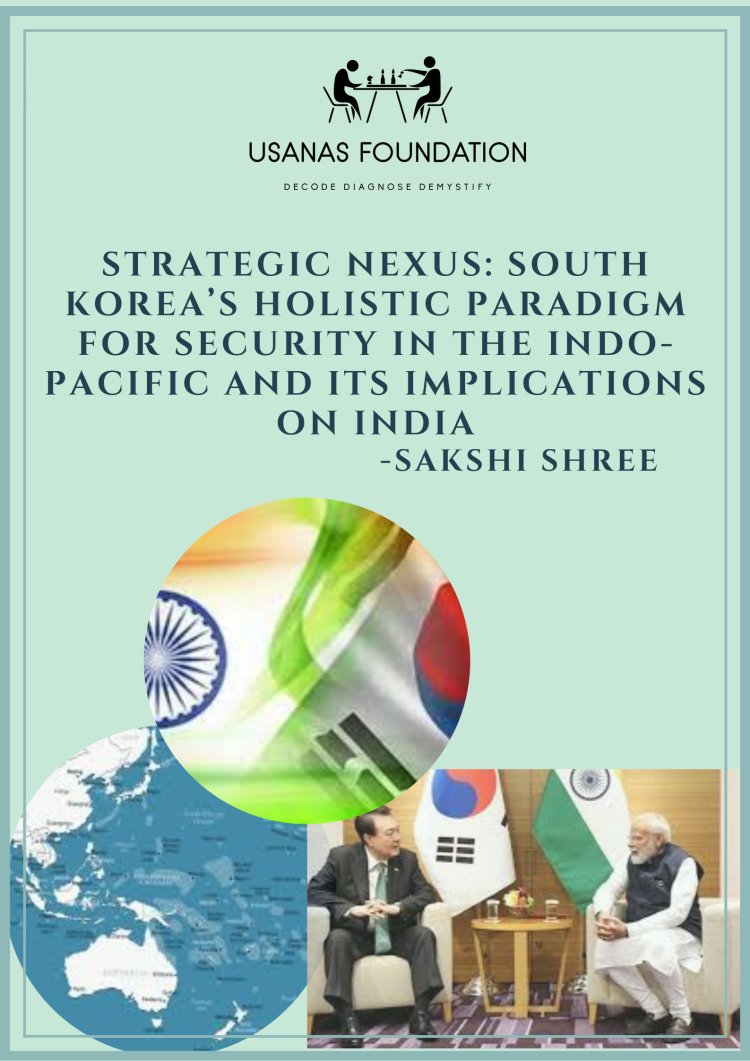
Issue Brief
Edited By: Shivani Pandey
Written By: Sakshi Shree
Introduction
In the rapidly evolving geopolitical landscape of the Indo-Pacific region, South Korea has emerged as a pivotal actor, leveraging a holistic paradigm to shape security, trade, and diplomacy. Through a multifaceted strategy, the nation aims to promote stability, economic growth, and collaboration among nations.
The Republic of Korea (RoK) released its Indo-Pacific Strategy on 28 December 2022, which signifies a major shift in its foreign policy towards the broader Indo-Pacific region. The detailed report on South Korea’s Indo-Pacific Strategy is based on the fundamental principles of cooperation with an emphasis on tolerance, trust and mutual benefit. The strategy emphasised the promotion of freedom, peace, and prosperity in the Indo-Pacific region through the joint establishment of a rule-based order and cooperation on human rights. [1] One of the key aspects of this strategy is South Korea's aspiration to become a Global Pivotal State (GPS). The term "Pivot State" refers to states that possess strategic assets coveted by great powers and are caught in the middle of overlapping spheres of influence.
- The strategy also emphasizes South Korea's role as an Open Trading Nation[2] that aspires to contribute to global peace. It aims to strengthen cooperation in critical domains of science and technology, lead regional cooperation on climate change and energy security, and actively participate in the Indo-Pacific nuclear market.
- This issue brief will analyse South Korea's security policy in detail and further delve into exploring the nuanced aspects of South Korea's approach to security in the Indo-Pacific, focusing on the key elements of its strategy and their implications for regional and global security with concrete examples while drawing from reputable sources.
Download the detailed Issue Brief here:



